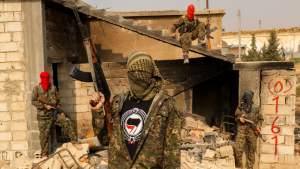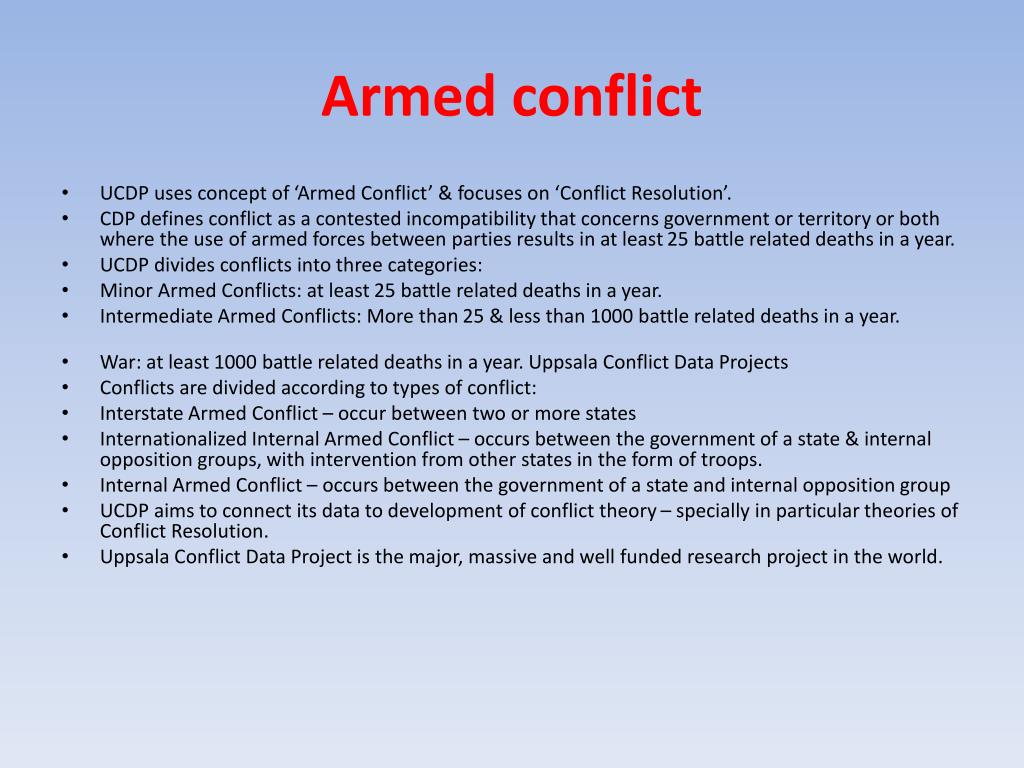


It defines the conduct and responsibilities of belligerent nations, neutral nations, and individuals engaged in warfare, in relation to each other and to protected persons, usually meaning non-combatants. Sources of international law include international agreements (the Geneva Conventions), customary international law, general principles of nations, and case law. It comprises a set of rules, which is established by treaty or custom and that seeks to protect persons and property/objects that are or may be affected by armed conflict, and it limits the rights of parties to a conflict to use methods and means of warfare of their choice.

International humanitarian law is inspired by considerations of humanity and the mitigation of human suffering. It is a branch of international law that seeks to limit the effects of armed conflict by protecting persons who are not participating in hostilities and by restricting and regulating the means and methods of warfare available to combatants. Further considerations of substantive aspects of a single law of armed conflict will be essential in the development of greater humanitarian protection during internationalized armed conflict.International humanitarian law ( IHL), also referred to as the laws of armed conflict, is the law that regulates the conduct of war ( jus in bello). Moreover, the international/non-international dichotomy in international humanitarian law has proved susceptible to incredible political manipulation, often at the expense of humanitarian protection. Even once internationalized, it is difficult to determine the applicable law as relationships and military presences change. It concludes that the law developed to determine this “internationalization” has created convoluted tests that in practice are near impossible to apply. This article revives those calls by highlighting the inadequacies of the current dichotomy’s treatment of internationalized armed conflicts, namely, armed conflicts that involve internal and international elements. Even though attempts to abandon the distinction were made at every stage of negotiation of the Geneva Conventions and their Protocols, calls for a single body of international humanitarian law have since died out. The strict division of international humanitarian law into rules applicable in international armed conflict and those relevant to armed conflicts not of an international nature is almost universally criticized.


 0 kommentar(er)
0 kommentar(er)
